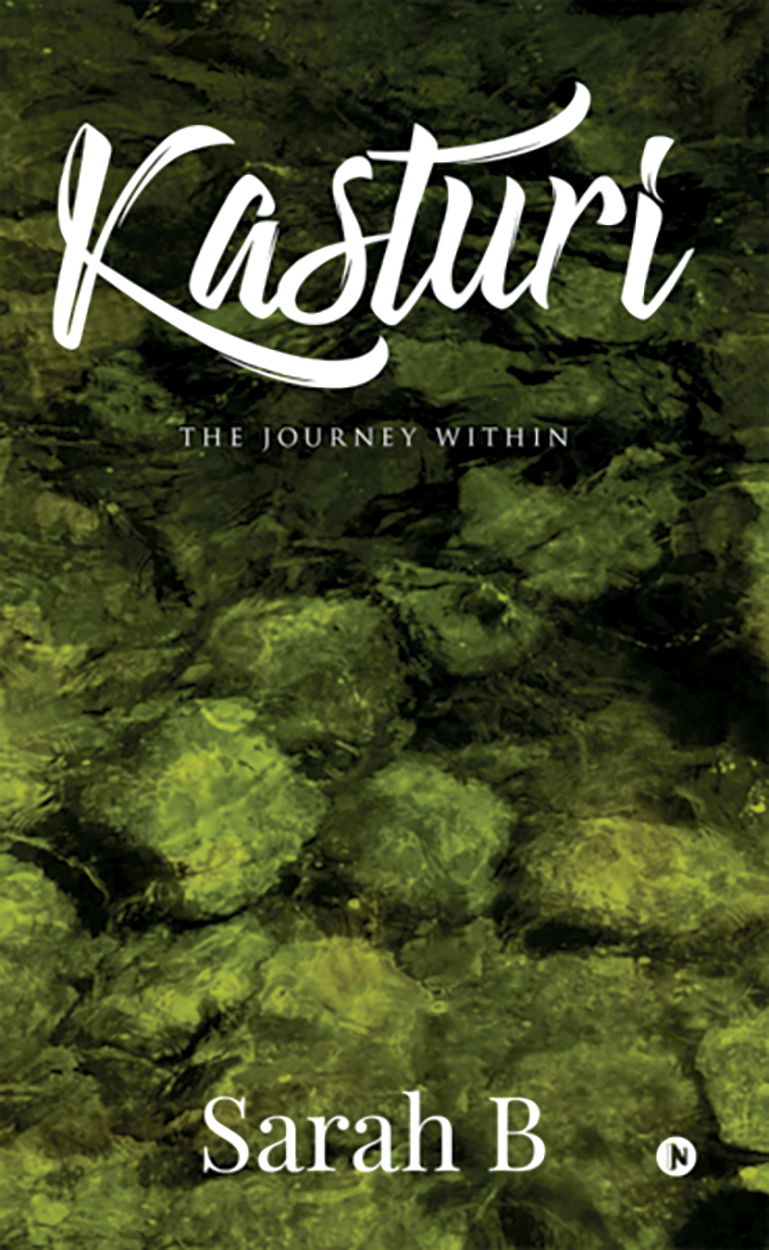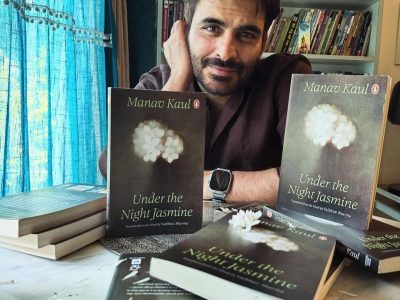This slim book of poems holds up a mirror to the journey called life, running the gamut from despair to hope, cages to freedom, beginnings to endings
Sarah B’s poetry in the anthology titled Kasturi is meditative, philosophical, giving direction to lives caught up in the city’s whirlwinds. For instance, she writes in The Journey Within:
Why is it always that the ones you love, give you the most pain?/That without sacrificing there is no pain/That what you want the most, at the moment is out of your reach?/…It’s about adjustment and seeing the brightest side of the dark/It’s about making your place under the sun, making your mark…
Sarah grew up in a multi-cultural background. Her mother, a foreigner, met her father in in her hometown, while she was pursuing a career and he his studies. Her father often recounts being posed questions such as: “Do you live on trees?”, “Are Indians mainly snake charmers?”, “Do you have food to eat?” not to mention the comments the dusky skin colour attracted. This was in the early sixties.
So what motivates her to write poetry, in the middle of a busy working life? “I found that the quest for one’s individuality doesn’t lie in one’s parental tree, but in the experiences one gathers,” she says.
“I have begun to realise the truth of life: it doesn’t matter where you hail from, where your roots lie, or where the shoots reach out to; what remains is your core being – goodness of the self. And that is all that matters.”
Her poem ‘Metamorphosis’ reflects her worldview:
What is a stone?
Solidification of a hope into crystal/ The form of the Divine for a devotee/Formalisation of a long due commitment/ Or the bed of a free-flowing river/
A building block for a monument of love/ The summary of a life in the stone of a tomb/
Or part of an imposing mountain/ How do we say, then, that a stone does not have life?





